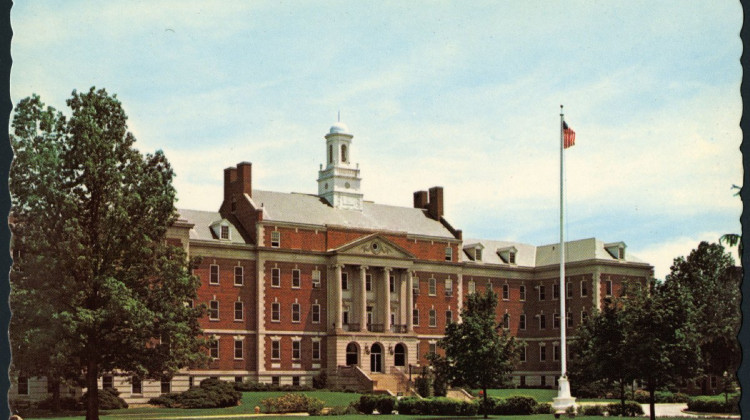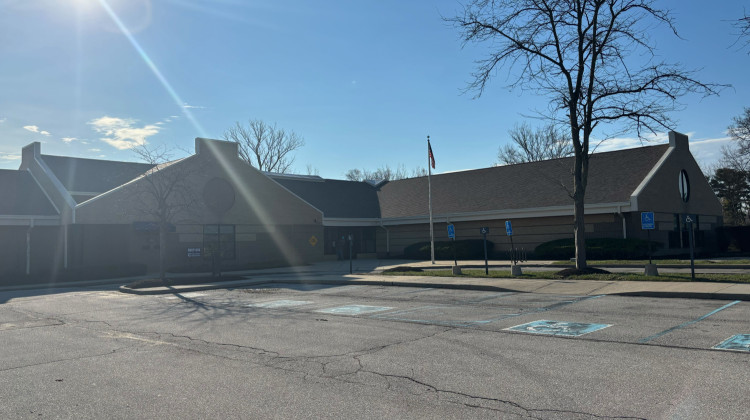College student athletes will now be able to profit off their name, image and likeness – or NIL. The NCAA Board of Directors approved the interim policy Wednesday. But some worry this could further hurt Black student athletes.
While a majority of student athletes in revenue-driven sports are Black, an Indiana University report says those students are not given the resources to obtain a valuable four-year degree.
IU professor Antonio Williams co-authored the report. He said the NCAA’s policies have a history of racially exploiting Black male athletes.
Williams said the ability to profit off one’s name, image and likeness is overall a good thing. But he fears the policy could further harm Black athletes.
"Without a doubt, there's going to be a lot of athletes, especially Black athletes, that probably will be exploited by others. Not just by the university, but by corporations," Williams said. "And these 17-, 18-year-olds are not necessarily trained and ready for that."
Williams said it will be important to educate young athletes and guide them into a new era of college sports.
But states like Texas have laws going into effect July 1, which will allow students at colleges in those states to receive NIL compensation.
Williams said the policy will not just create sponsorship opportunities but also allow athletes to have a business unrelated to their athletic career.
“I think that we'll also get away from some of the stereotypes you have about student athletes,” he said. “Because you will see a diverse set of student athletes that have so many other skill sets and other ways they can actually profit from the name, image and likeness – and not just the attachment to the sport in which they play in college.”
Williams said he believes this will change how some universities recruit athletes and what they decide to offer to be competitive with other schools.
This is the second big change for the Indianapolis-based NCAA following last week's Supreme Court ruling that will expand education-related compensation for students.
The 115-year-old organization has held off creating an NIL policy citing the amateur status of its athletes.
Contact reporter Samantha at shorton@wfyi.org or follow her on Twitter at @SamHorton5.
 DONATE
DONATE









 Support WFYI. We can't do it without you.
Support WFYI. We can't do it without you.